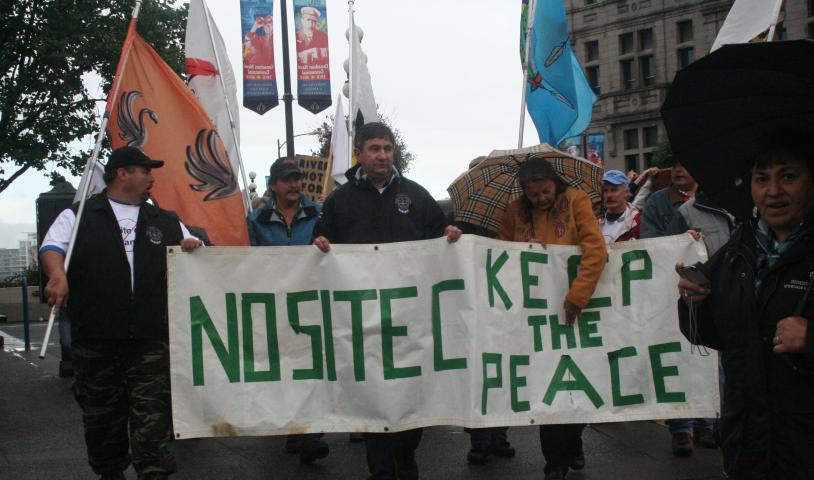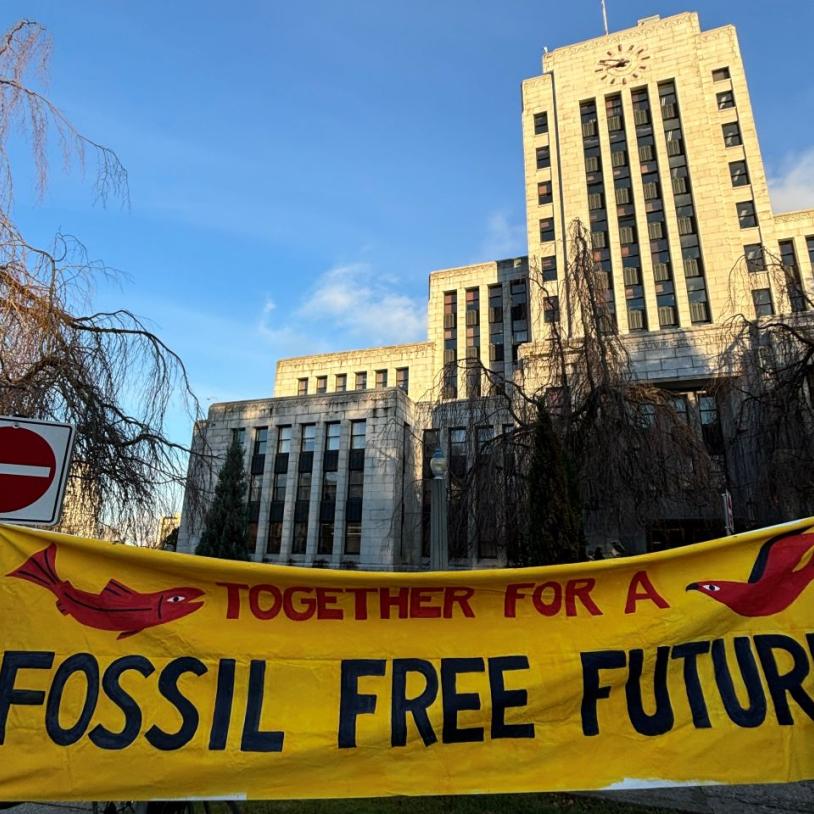BC Energy Minister Rich Coleman responds to Wilderness Committee campaigner Tria Donaldson's Editorial about stopping the Site C Dam
Monday, July 18, 2011
Site C needed to meet greater energy demands
In a recent issue of The Province, a column on Site C by the Wilderness Committee neglected to point out the context and benefits the proposed project would provide for British Columbia.
B.C.'s electricity needs are expected to increase by up to 40 per cent over the next 20 years as our economy grows and our population increases by more than one million residents.
While the Clean Energy Act sets a high bar for conservation to meet at least 66 per cent of future electricity demand, the reality is that new sources of clean, reliable and costeffective electricity will also be required. This is why B.C. Hydro is proposing the Site C Clean Energy Project, a third dam on the Peace River in northeastern B.C.
Building for the future, Site C will provide enough energy to power more than 450,000 homes a year for more than 100 years. It would produce among the lowest levels of greenhouse gas emissions, per gigawatt hour, compared to other electricity generation options.
Site C is a cost-effective resource and will produce electricity at a cost between $87 and $95 per megawatt hour compared to other resources at $129 per megawatt hour, helping to keep B.C. Hydro rates among the lowest in North America.
Site C has no impact on current B.C. Hydro rates, and will cost ratepayers less than other generation options to meet growing demand in the future.
As with our other hydroelectric assets in British Columbia, Site C will provide dependable and flexible power, which has the added benefit of helping to facilitate the development of intermittent renewable resources such as solar, wind and run-of-river hydro.
For example, since wind turbines do not produce electricity when the wind is not blowing, they need to be backed up by reliable generation such as Site C.
B.C. Hydro has initiated the independent environmental assessment process, which will involve detailed effects assessments, including dozens of studies regarding land, water, wildlife and agriculture.
The process will also provide opportunities for public input.
The views of all British Columbians will be sought, including First Nations, property owners, communities and stakeholders. As part of this process, B.C. Hydro will identify opportunities to provide lasting benefits for the region and will evaluate options to mitigate any adverse effects of constructing Site C.
Economic benefits will flow to the province and to the region as the project will create an estimated 7,000 person-years of direct construction employment during the seven-year construction period, and up to 35,000 direct and indirect jobs through all stages of development.
I believe the Site C Clean Energy Project is beneficial for British Columbia and will help keep electricity rates affordable for generations to come.
Rich Coleman is B.C.'s minister of energy and mines and minister responsible for housing.





